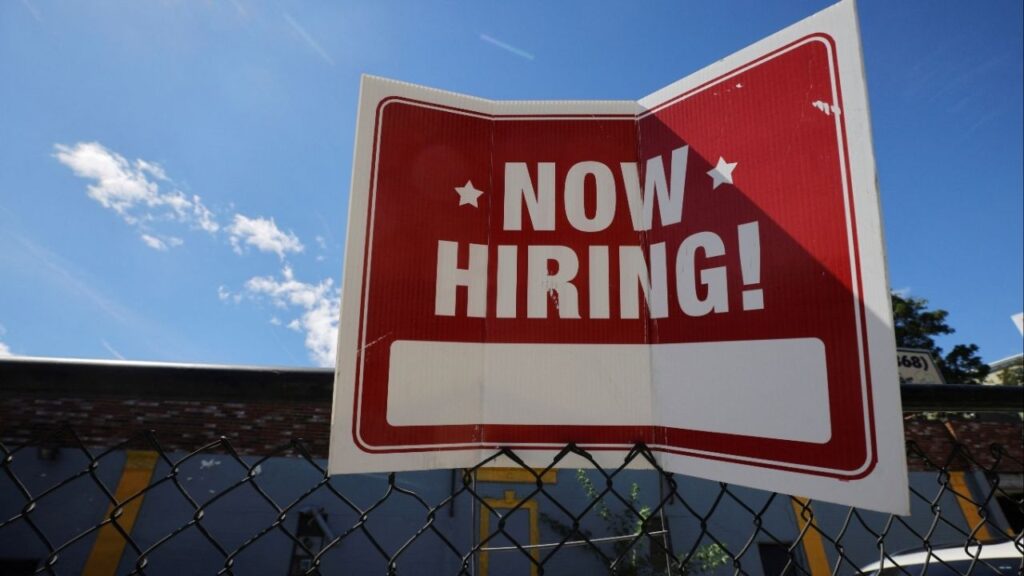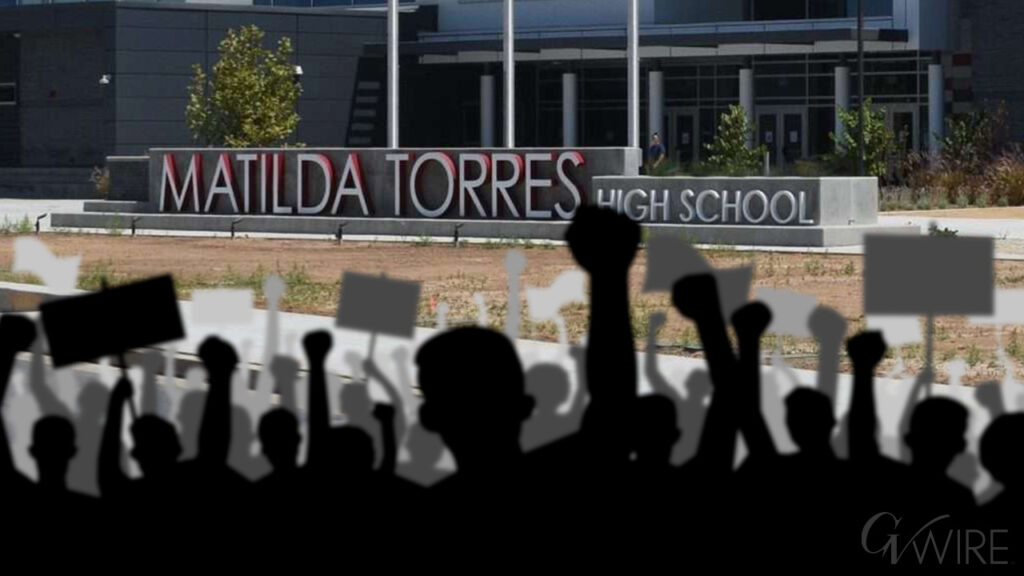U.S. Senate Minority Leader Chuck Schumer (D-NY) speaks during a press conference after the Senate passes U.S. President Donald Trump’s sweeping spending and tax bill, on Capitol Hill in Washington, D.C., U.S., July 1, 2025. (Reuters/Annabelle Gordon)
Share
|
Getting your Trinity Audio player ready...
|
WASHINGTON – The U.S. Senate’s massive budget bill that passed on Tuesday will make it harder to develop wind and solar energy projects, despite the removal of some contentious provisions, industry advocates and lawmakers said.
The Senate dropped a proposed excise tax on solar and wind energy projects that don’t meet strict standards after last-minute negotiations with key Republican senators seeking better terms for renewables.
Iowa Senator Joni Ernst, fellow Iowa Senator Chuck Grassley and Alaska Senator Lisa Murkowski, whose votes were crucial to the bill’s passage, had introduced an amendment calling for removal of that tax, which caught lawmakers by surprise after it made it into the last draft text.
Many Republican states host large renewable energy industries.
The Senate also changed language about which solar and wind projects can use the 2022 Inflation Reduction Act’s tax credits. In the Senate’s final version, projects will be able to use the lucrative credits if they begin construction before 2026. A previous version was based on when the projects enter service.
But overall, the Senate bill will make it too challenging to move forward with many new wind and solar energy projects, likely depriving the United States of added electricity capacity at a time of soaring energy demand, critics said.
That could mean higher consumer bills and lost jobs around the country at project sites dependent on the credits.
“Senate Republicans just voted to trigger the largest spike in utility bills in American history,” said Lena Moffitt, executive director at climate advocacy group Evergreen Action.
Research firm C2ES estimated that the United States will lose 2.3 million jobs as a result of the bill.
Another research firm, Energy Innovation, projected that the bill would result in a fall of 300 GW of electricity capacity at a time of soaring demand due to data center and AI growth.
—
(Reporting by Valerie Volcovici; Additional reporting by Timothy Gardner; Editing by Cynthia Osterman and Mark Porter)



















